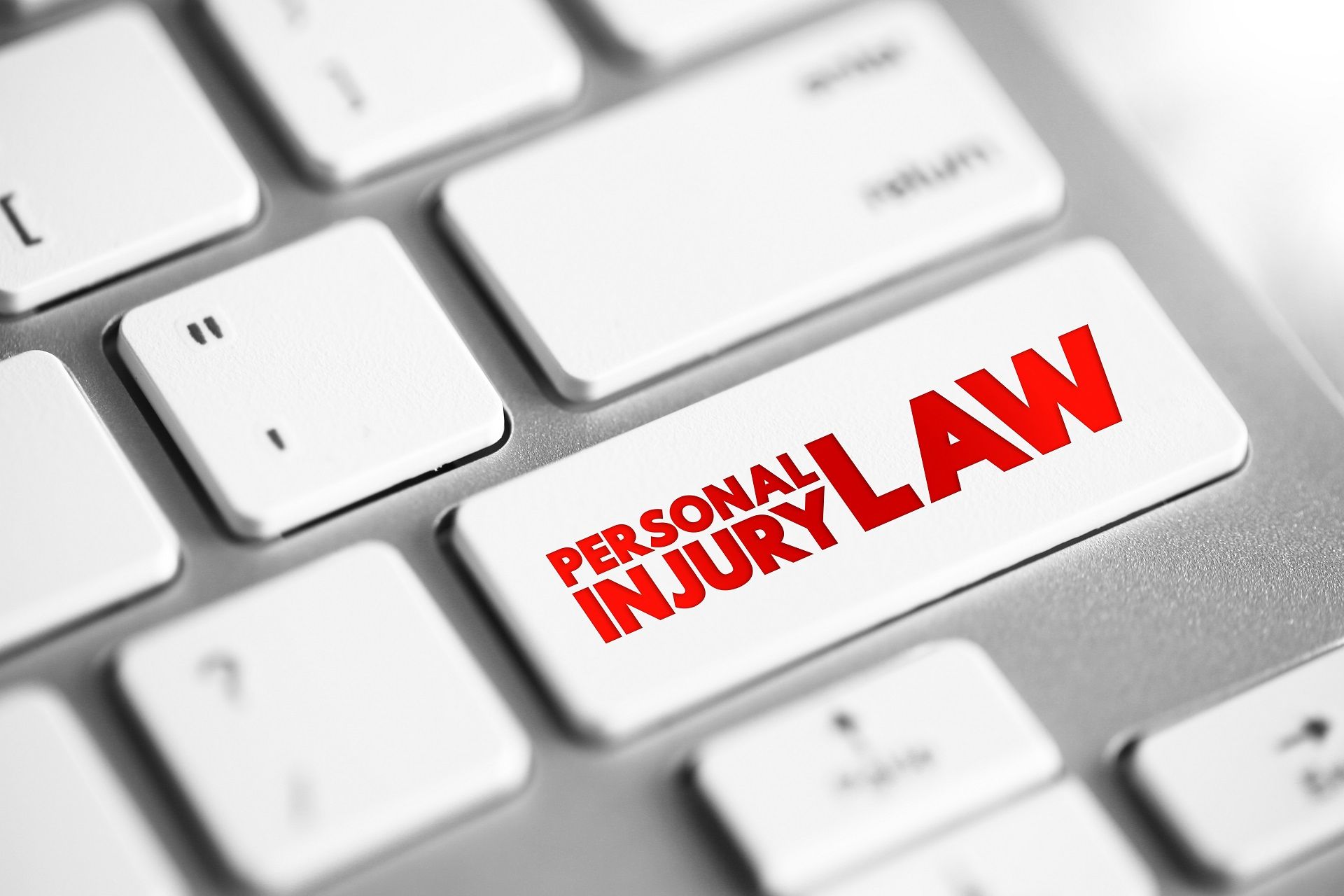What Is A Vocational Expert In A Disability Hearing

If your disability claim is denied, you’ll have to attend an SSDI hearing. This is an event of great importance for the future of your claim, so you must be familiar with the individuals you’ll be interacting with.
Along with your attorney and the administrative law judge, a
vocational expert will also be present at the hearing.
But what is a vocational expert in a disability hearing, and how will they impact your claim?
Who Are Vocational Experts?
Before going over what is a vocational expert in a disability hearing, let’s first explain who they are.
Vocational experts are qualified individuals who have the education, experience, and training to express opinions about all vocational matters, like employability, earning capacity, and job availability.
As such, they’re qualified to provide information in disability hearings regarding the mental and physical demands of different jobs, the characteristics of various work settings, the jobs existing in the labor market, as well as transferable skills gained from previous jobs.
Why Social Security Administration Uses Vocational Experts
The Social Security Administration uses vocational expert testimony to gain a better understanding of the claimant’s employability. In other words, the testimony helps determine which jobs the claimant may be able to do.
While a vocational expert is paid a fee for testifying at a hearing, they’re still considered a neutral witness because they don’t have an interest in the outcome of the claim. Plus, they’re not employed by Social Security, which means they’re impartial in every sense of the word.
Role Of Vocational Experts At SSDI Hearings
So, what is a vocational expert in a disability hearing and what role do they fill? Basically, vocational experts answer the judge’s questions on the limitations of the claimant and how they could translate into the workplace.
The vocational expert must first classify your past work by looking at the jobs you’ve held during the last 15 years. They’ll cross-reference this information with the Dictionary of Occupational Titles to find jobs that closely match your past work.
Equally as important, vocational experts must answer the judge’s hypothetical questions, which helps evaluate the type of jobs you could hypothetically do.
Because qualifying for SSI or SSDI benefits requires that you’re not able to find work, the judge will ask the expert if they think a hypothetical person with similar qualifications and limitations as you can do the work you claim you can’t perform.
If the vocational expert believes that the person could do these jobs, the administrative law judge may deny your claim. If the opposite happens and the vocational expert says the hypothetical individual can’t work these jobs, the judge will broaden the scope of questioning until all jobs are eliminated.
Does The Judge Always Agree With The Vocational Expert’s Opinion?
Not necessarily. The final decision is on the judge and they may not always agree with the vocational expert’s opinion. It’s also worth noting that the vocational expert testimony is just one aspect of the claim, as the judge will also consider your testimony, your medical information, and other evidence that you or your attorney presented.
Can Your Attorney Question The Vocational Expert?
Luckily, even if the vocational expert states there are jobs in the national economy you can perform, their word isn’t final. As soon as the administrative law judge is done with their questioning, your attorney will get the opportunity to cross-examine the expert.
This means they can rule out some of these jobs by introducing extra limitations that the judge may have overlooked.
For instance, if your condition is making you unable to stoop down and the vocational expert claims that you can work a job that requires stooping down, your attorney can introduce this limitation if it’s substantiated by medical records.
The attorney can continue questioning the expert until they successfully rule out the jobs identified earlier. This can ultimately help improve the chances of winning your claim.
Moreover, your attorney also clarify how you may lack the skills to do jobs the vocational expert identified. For example, the work you carry out may be considered unskilled or you may not have worked long enough to obtain substantial skills. On the other hand, you may have acquired skills in a previous job, but your condition may prevent you from using them in the workplace at the moment.
The vocational expert may have also identified jobs that don’tt have a large amount of open full-time positions. For instance, they may list seasonal jobs, such as school bus driver or election clerk. If this is the case, your attorney can ask how many of the identified jobs are full-time, thus significantly reducing the number of available jobs.
How To Prepare For The Vocational Expert
As a claimant, you can prepare for the hearing by gathering information about your full work history, including job titles, duties you performed, and physical requirements. You should also be prepared to discuss your physical and mental limitations and how they impact your working ability.
Review your medical records and prepare specific examples of how your condition affects your work activities.
For best results, you should work closely with your attorney to prepare for the hearing and the vocational expert testimony. This is very important because this testimony can be confusing. For example, the description of your limitations will sound very technical, and the conversation will often include job codes instead of discussing job titles.
You Have No Reason To Worry
We always fear the unknown, and even though an SSDI seems scary, it’s relatively simple. The hearing and the testimony by the vocational expert are just a way to determine if you’re entitled to receive disability benefits or not.
Sure, it may seem as if your condition is challenged, but everyone involved just wants to make sure the process is fair. To put it differently, if your disability is legitimate and you’re unable to find work, the judge will likely decide in your favor, and the expert witness testimony will only serve to strengthen your claim.
Note:
The information in this blog post is for reference only and not legal advice. As such, you should not make legal decisions based on the information in this blog post. Moreover, there is no lawyer-client relationship resulting from this blog post, nor should any such relationship be implied. If you need legal counsel, please consult a lawyer licensed to practice in your jurisdiction.
RECENT POSTS
CONTACT US
We will get back to you as soon as possible.
Please try again later.
Evaluation Request
Contact Us
We will get back to you as soon as possible.
Please try again later.
Contact
Contact Us
We will get back to you as soon as possible.
Please try again later.
All Rights Reserved.
This website is managed by Oamii.







